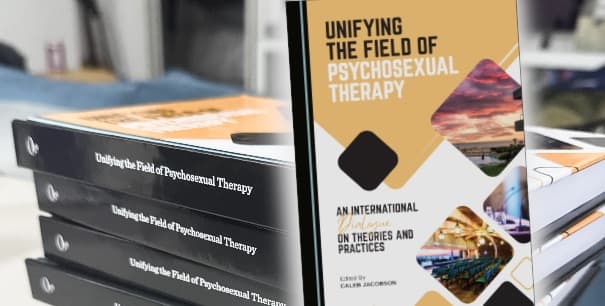ADHD & Mindfulness are not 4-letter words
Many people believe folks with ADHD cannot practice mindfulness... after all, isn’t the ADHD brain the antithesis of a mindful mind?
Let’s break down the nebulous concept of mindfulness and explore some benefits to ADHD. In a nutshell, mindfulness is an active focusing of your thoughts, not an absence of thought or empty mind. Many people with ADHD can be really good at focusing their thoughts on a topic that interests them, so we know focus isn’t the problem.
Take charge of the show
ADHD is a misnomer acronym for Attention Deficit Hyperactivity Disorder. People with ADHD don’t have a deficit of attention... they have more than neurotypicals! I want share a parable to help non-ADHD people understand the ADHD brain a bit better.
Let’s imagine the mind as a flea circus at a carnival. You, the person in charge of your body, are the Ring Master and can tell the fleas how to perform. When your attention drifts away from the flea circus, over to the brown bear in a tutu balancing on a big red and white ball, the fleas do what ever they want to entertain the crowd.
The fleas are either following your direction or clowning around on their own accord. It’s always showtime at the flea circus. Here’s the big reveal: the fleas will never not be doing something!
The neurotypical, non-ADHD brain has a Ring Master that spends more time actively directing the fleas— focused on the fleas more often than everything around them. The ADHD brain’s Ring Master has more attention than they know what to do with: it sees everything going on around them. Neither of these Ring Masters are bad at their job. In fact, the ADHD Ring Master is often better at getting their fleas to be more creative and entertaining than the other. A lot of non-ADHD folks find the ADHD brain’s flea circus to be more fun, spontaneous, and exciting.
#adhdtips
Mindfulness is observing something within your body, and directing the fleas to pay attention as well. An easy observational target is your breathing... it happens all the time, we take it for granted, and it is fairly easy to control. To start, place your hand on your abdomen. Move your breath from your chest down to your belly, so you can feel it rise and fall with each breath.
Your mind will probably wander back to the bear in the tutu... I know mine does. The fleas will go wild. Gently refocus your attention back on your breath and feeling your belly rise and fall.
Over time, you will become more aware of your breath and your mind. Focus will eventually become easier to direct. You can practice mindfulness with almost any activity: eating, reading, surfing the internet, watching YouTube videos, walking, playing cards. Whatever you do, keep the activity within your focus.
Nothing happens in the circus unless you direct it to... nothing that is except for flea pandemonium. With practice, you will become a better Ring Master, and will keep the flea circus running like a finely-tuned orchestra.







